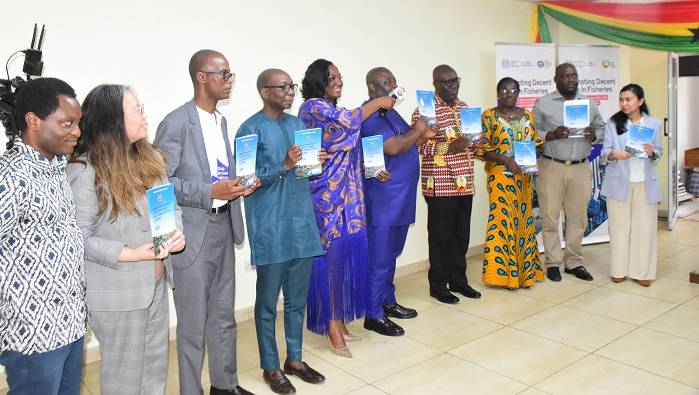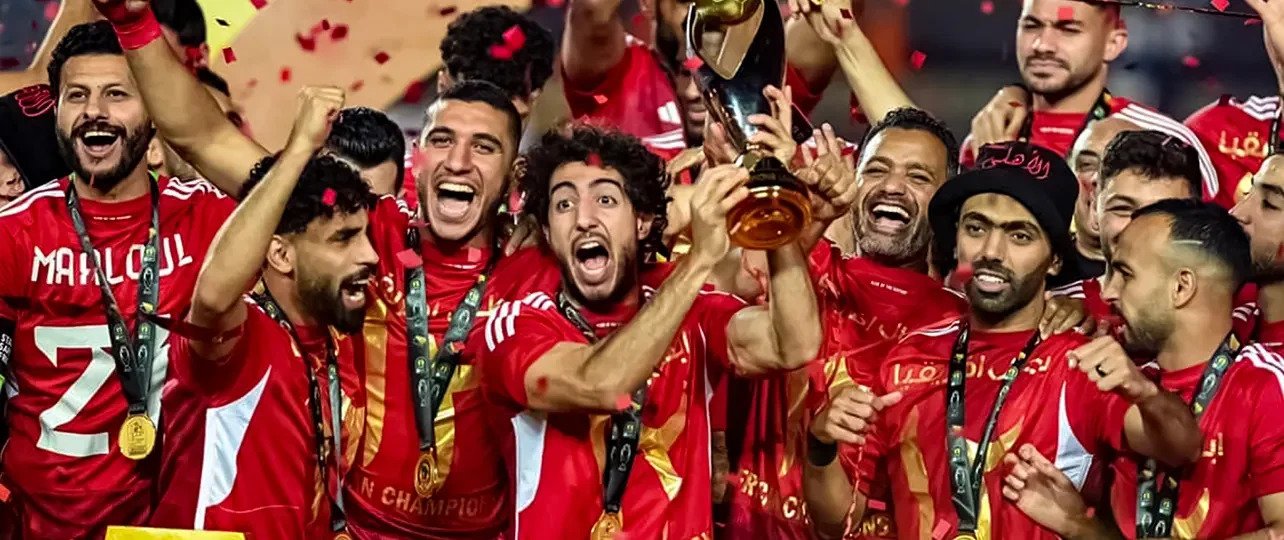A policy document aimed at promoting decent work in the fisheries sector was yesterday launched in Accra.
The policy dubbed: ‘Trade Union Policy for decent work in the fishing sector of Ghana,’ seeks to promote decent work and eliminate forced labour, modern slavery, and human trafficking in the fisheries sector in Ghana.
It was developed by the Trade Union Congress, Ghana, in collaboration with the International Labour Organisation (ILO) and other stakeholders in the fishing industry.
The Minister of Fisheries and Aquaculture Development, Mavis Hawa Koomson, in a speech read on her behalf, by the Director of Research at the ministry, Nii Adjei Brown, said the policy served as “a beacon of hope” amidst the challenges in the sector and provided a comprehensive roadmap towards a future where decent work standards prevail in every corner of the fisheries value chain.
She said the policy prioritised the well-being of fishers by investing in education and training, improving living conditions in fishing communities and extending social protection, while establishing minimum wages and reducing unlawful deductions, ensuring greater employment and income security.
By achieving the goals, the minister said the policy aspired to not only protect the rights of fishers, but also foster a more sustainable and prosperous fishing industry for Ghana.
“This policy is not merely about protecting the rights of workers; it is about safeguarding the long-term sustainability and prosperity of our fisheries industry. By fostering a culture of responsible stewardship and prioritising worker well-being, we can pave the way for a fishing sector that is not only economically prosperous, but also socially responsible and environmentally sustainable,” she added.
The minister called on all stakeholders, government agencies, civil society organisations, trade unions, employers and workers to collaborate to ensure the realisation and effective implementation of the policy and also expressed the ministry’s commitment to ensuring the policy was implemented while securing a brighter and equitable future for all workers in the country.
The Global Coordinator, ILO 8.7 Accelerator Lab Programme, Ms Jodelen Mitra, said the policy aligned with the ILO’s 8.7 Accelerator programme which promoted employment and rights of workers, extend social protection, and advanced social dialogue as well as enable the realisation of sustainable development goal (SDG) 8 and 7 in the fisheries sector.
“The policy is a good practice for regional and global work on fishing worthy of replication and adaptation in other sectors and all other countries,” she added.
The Secretary General of TUC, Ghana, Dr Anthoy Yaw Baah, for his part, said the policy was inspired by the mission and core mandate of trade unions protection and promotion of the rights and interest of workers.
He said the TUC and its member unions sought to ensure that workers in Ghana work in dignity, had employment security and living wage, had access to social security, exercise their rights at work, and participate effectively in decisions that affected their lives.
BY VIVIAN ARTHUR



















Discussion about this post